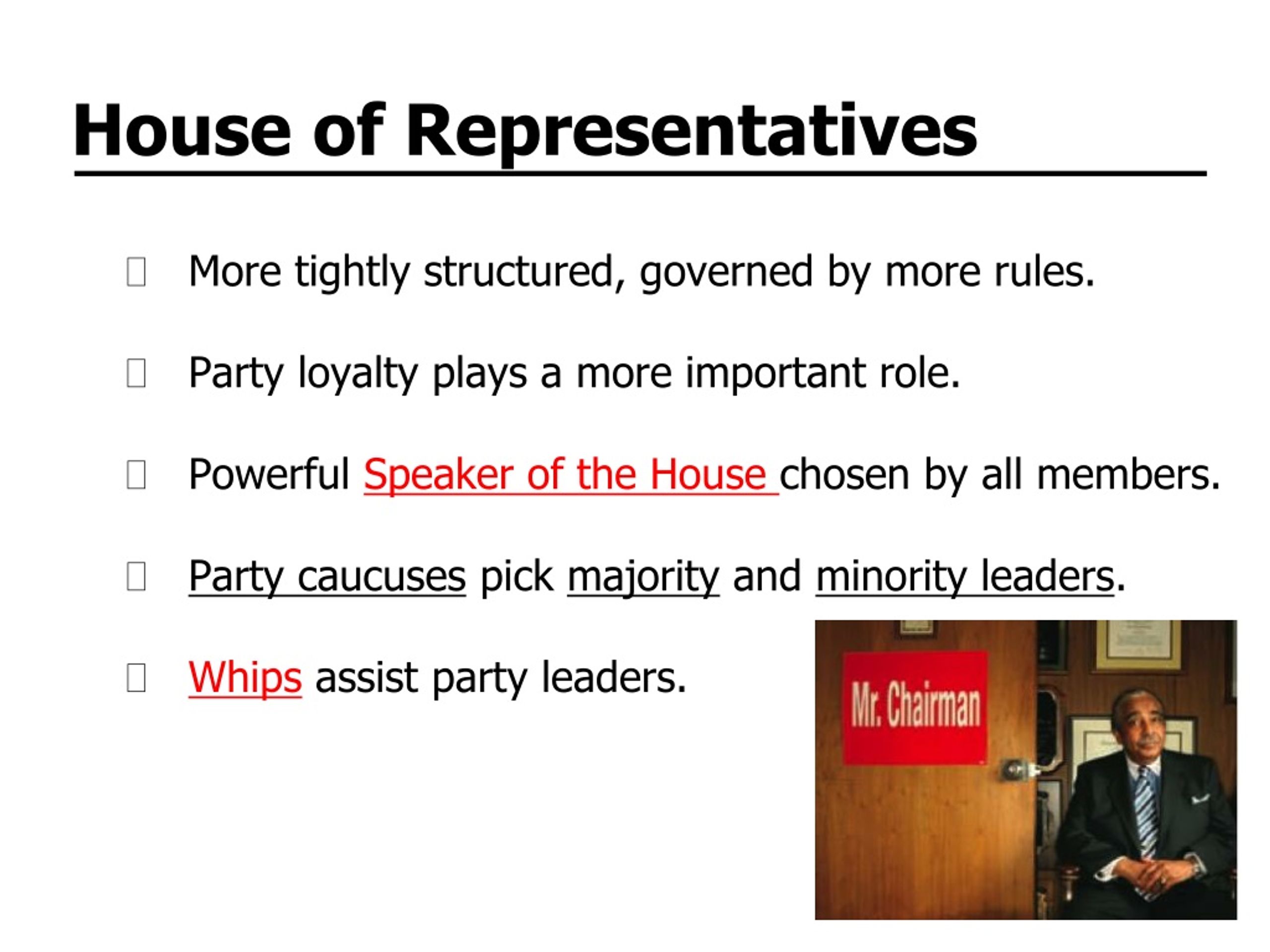Table Of Content
Each of the two political parties also elect a “Whip”—the Majority Whip for the party with the most seats, and the Minority Whip for the other party—from their House delegations. The whip’s official role is to count potential votes for bills being debated for the party leaders. The majority party members and the minority party members meet in separate caucuses to select their leader. Historically, many territories have sent non-voting delegates to the House.
Democratic Caucus Chairman
Representatives and delegates serve for two-year terms, while a resident commissioner (a kind of delegate) serves for four years. A term starts on January 3 following the election in November. The U.S. Constitution requires that vacancies in the House be filled with a special election. The term of the replacement member expires on the date that the original member's would have expired. Under Article I, Section 2 of the Constitution, seats in the House of Representatives are apportioned among the states by population, as determined by the census conducted every ten years. Each state is entitled to at least one representative, however small its population.

Latest election results and party standings
The House may approve "articles of impeachment" by a simple majority vote; however, a two-thirds vote is required for conviction in the Senate. A convicted official is automatically removed from office and may be disqualified from holding future office under the United States. No further punishment is permitted during the impeachment proceedings; however, the party may face criminal penalties in a normal court of law. The House also has one permanent committee that is not a standing committee, the Permanent Select Committee on Intelligence, and occasionally may establish temporary or advisory committees, such as the Select Committee on Energy Independence and Global Warming.

Democratic Caucus Vice Chair
Both Houses must pass the same version of the bill; if there are differences, they may be resolved by a conference committee, which includes members of both bodies. For the stages through which bills pass in the Senate, see Act of Congress. During debates, a member may speak only if called upon by the presiding officer. The presiding officer decides which members to recognize, and can therefore control the course of debate.[62] All speeches must be addressed to the presiding officer, using the words "Mr. Speaker" or "Madam Speaker". Only the presiding officer may be directly addressed in speeches; other members must be referred to in the third person. In most cases, members do not refer to each other only by name, but also by state, using forms such as "the gentleman from Virginia", "the distinguished gentlewoman from California", or "my distinguished friend from Alabama".
No member may make a speech or a motion unless they have first been recognized by the presiding officer. Moreover, the presiding officer may rule on a "point of order" (a member's objection that a rule has been breached); the decision is subject to appeal to the whole House. Representatives are usually identified in the media and other sources by party and state, and sometimes by congressional district, or a major city or community within their district. For example, Democratic representative Nancy Pelosi, who represents California's 11th congressional district within San Francisco, may be identified as "D–California", "D–California–11" or "D–San Francisco". States entitled to more than one representative are divided into single-member districts. This has been a federal statutory requirement since 1967 pursuant to the act titled An Act For the relief of Doctor Ricardo Vallejo Samala and to provide for congressional redistricting.[18] Before that law, general ticket representation was used by some states.
The North was much more populous than the South, and therefore dominated the House of Representatives. However, the North held no such advantage in the Senate, where the equal representation of states prevailed. Los Angeles is home to dozens of amazing progressive organizations, including powerful and grassroots civil rights, human rights, social justice groups.
Committee Websites
Each state is guaranteed at least one member of the House of Representatives. The allocation of seats is based on the population within the states, and membership is reapportioned every 10 years, following the decennial census. House members are elected for two-year terms from single-member districts of approximately equal population.
Elections Division
Representatives use the prefix "The Honorable" before their names. A member of the House is referred to as a representative, congressman, or congresswoman. The three primary House office buildings—Cannon, Longworth and Rayburn—share a room numbering system for above-ground rooms that might confuse visitors at first. The system is fairly straight forward and can be used to identify most member and committee offices merely by knowing the correct room number regardless of building.
Cole Releases FY25 Community Project Funding Request Guidance - House Appropriations
Cole Releases FY25 Community Project Funding Request Guidance.
Posted: Thu, 25 Apr 2024 13:26:32 GMT [source]
What's a Select Committee?
Another officer is the chief administrative officer, responsible for the day-to-day administrative support to the House of Representatives. After the conference chair, there are differences between each party's subsequent leadership ranks. After the Democratic caucus chair is the campaign committee chair (Democratic Congressional Campaign Committee), then the co-chairs of the Steering Committee.
The courts generally do not consider ballot access rules for independent and third party candidates to be additional qualifications for holding office and no federal statutes regulate ballot access. As a result, the process to gain ballot access varies greatly from state to state, and in the case of a third party in the United States may be affected by results of previous years' elections. Gingrich attempted to pass a major legislative program, the Contract with America and made major reforms of the House, notably reducing the tenure of committee chairs to three two-year terms.
Americans in the United States’s six territories do not have senators. The webmaster will not forward messages to congressional offices. If you are having problems contacting your representative, you can report the problem using the Contact Webmaster form, write or call your elected representative, or visit the member's website for alternate contact information. Not sure of your congressional district or who your member is?
Virgin Islands — which each send a non-voting delegate to the House. After the whips, the next ranking official in the House party's leadership is the party conference chair (styled as the Republican conference chair and Democratic caucus chair). The speaker is the presiding officer of the House but does not preside over every debate. Instead, they delegate the responsibility of presiding to other members in most cases. The presiding officer sits in a chair in the front of the House chamber. The powers of the presiding officer are extensive; one important power is that of controlling the order in which members of the House speak.

No comments:
Post a Comment